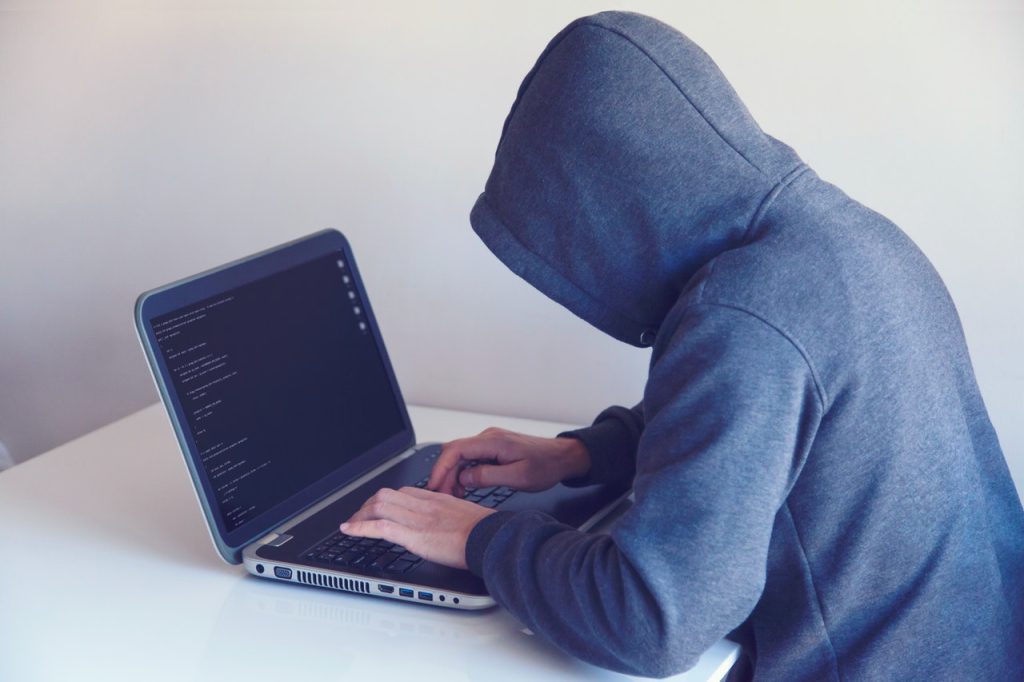With the growing tendency of cyberattacks, this time has become the most dangerous period in history to launch and operate a successful business. Cyber-attacks are becoming more widespread, and with the development of network-based ransomware attacks, attackers can now initiate campaigns without even requiring human interaction.
When an individual or an organisation intentionally or maliciously attempts to infiltrate the information system of another individual or organisation, this is known as a cyber-attack. Several recent attacks have involved data destruction as an objective, although most attacks have an economic motive. Cyberattacks can be conducted for several reasons, including political action, by cybercrime experts seeking ransom or other types of financial gain.
The Most Common Types Of Cyberattacks
While the world is advancing with science and technology, some people are also manipulating technology for their personal gains. The most common type of cyber attacks the world has witnessed untill now include:
- Malware attacks
- Man-in-the-middle attack
- Phishing
- Denial-of-service attack
- Zero-day exploit
- DNS Tunneling
- SQL injection
Furthermore, you may have heard more regularly in the news about data breaches affecting a variety of government and private companies, resulting in serious data loss and privacy violations. Let’s look at some recent cyberattack examples, like Chinese officials believing that a foreign intelligence agency hacked into many Chinese airlines and stole passenger information in November 2021. According to the officials, the breaches are linked since all of the attacks used a custom trojan.
Moreover, in the days leading up to Russia’s invasion of Ukraine, the websites of the Ukrainian Cabinet of Ministers and the Ministries of Foreign Affairs, Infrastructure, and Education were all down. Wiper malware was also used to get into the networks of two government contractors and one Ukrainian financial institution.
Furthermore, an attack on an American company’s satellite broadband service, ViaSat, crippled internet services across Europe in March 2022, including Ukrainian military communications at the commencement of the Russian invasion. The attackers hijacked satellite modems belonging to thousands of Europeans to impair the company’s operations.
So, if you are wondering how to protect yourself against cyberattacks, remember that prevention is the key to lowering the risk of a data breach. Individuals and companies can prevent hackers and keep their data secure by using a VPN, purchasing cybersecurity software, and being aware of common cyberattack strategies.
We say it all the time that cyber security is critical in the online world. Passwords play a significant role in this. Generally, we don’t incorporate unique usernames and difficult password combinations, even after being aware of such breaches. Some most common passwords in the world that appeared in recent cyberattacks include:
- 123456
- password
- 123456789
- Qwerty
- qwerty123
- 12345
- 12345678
- 1q2w3e
- 1234567890
So, do you think these passwords are secure and difficult to guess? In a fraction of a second, these passwords can be cracked. So, what are the primary causes behind this? Convenience, forgetfulness, and pure laziness are all to be blamed. In light of the foregoing, let’s look at some interesting password facts in the hopes of inspiring you to reconsider how you create, use, and store passwords in the future.
Fact 1: 59% of users use the same password across all online platforms.
Fact 2: In less than six hours, 90% of passwords can be cracked.
Fact 3: Passwords are easy to crack since most people have similar password patterns.
Fact 4: 86 percent of consumers who use two-factor authentication believe their accounts are secure.
Fact 5: 7 out of 10 consumers don’t trust passwords to keep their online accounts secure.
So, take a few minutes to consider your password habits when you make up your to-do lists and begin working on projects. Investing in your digital security and discovering technologies that allow you to be more productive while lowering cyber security threats will pay off throughout the year, both in terms of time saved and peace of mind.
So, here are seven terrible password behaviours you should avoid while creating passwords:
- Using the same password on all online platforms
- Using no password system to secure passwords
- Never changing passwords
- Allowing your browser to save passwords
- Sharing passwords with others
- Emailing passwords and other sensitive information
Conclusion
Anyone who uses a computer or high-tech gadgets like smartphones or tablets face the risk of unauthorised access. These break-ins may result in the loss of sensitive data such as photos, emails, and documents. Your bank account information, money, or even your identity might be taken. Moreover, hackers can also use your computer to breach the law, putting you at a legal hazard.
To summarise, you must recognise that passwords are your first line of protection against illegal access to your computer, mobile devices, and personal information. Your computer will be safe from hackers and malicious malware if your password is strong and all the security measures are taken.

